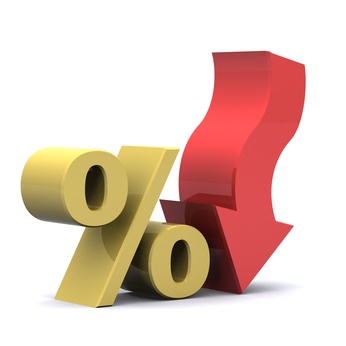Property owners in South Africa who still have outstanding debt on their property appear to be in a far better position than their counterparts in America. According to a recent report by Reuters more than 1 million homeowners in America who purchased their property in the past two years now owe more than the current market value of their property.
In contrast, according to an analysis carried out by Lighthouse, the greater majority of the 2,6 million South African homeowners with active mortgage bonds owe less than market value of their property.
This rose-coloured picture of South Africa’s property market is a stark contrast to the gloomy picture of overseas property markets. The figure of 1 million reported by Reuters translates into one in every 10 homeowners in America – a sign that this country’s property market is still feeling the pinch. A large number of these buyers who purchased their property after 2010 when they thought the market had hit the lowest point were caught unawares when the property market continued on its downward spiral in large areas of America.
The analysis made by Lighthouse was based on certain assumptions using all the data available from the Deeds Office since March 2009. The calculations made were based on the assumptions that the bonds were for a period of 20 years at a rate of prime less 0,5% and that the bonds were for 87,75% of the market value of the property.
According to the results of these calculations on a national level homeowners’ debt on their properties is 38.9% less than the market values of the properties, with Western Cape reflecting a 36,7% level and the highest equity being that of Gauteng at 44.3%.
The combination of the introduction of higher deposits and stricter qualifying criteria for mortgage bonds has contributed to this positive outcome. The financial risk for both homeowners and financial institutions is reduced substantially when a larger deposit is made on mortgage bonds.
The fact that interest rates have remained unchanged since November 2010 has resulted in a relatively larger portion of bond repayments going towards capital repayment as opposed to almost only interest, specially in cases where homeowners continued to repay the higher monthly payments that they were accustomed to paying when interest rates were at their peak.
Homeowners were given another period of grace when the Reserve Bank announced last week that the repo rate and prime rate would remain at 5.5% and 9%. Role players in the property market welcomed this decision as stable interest rates is the driving factor behind the recovery of the property market.

